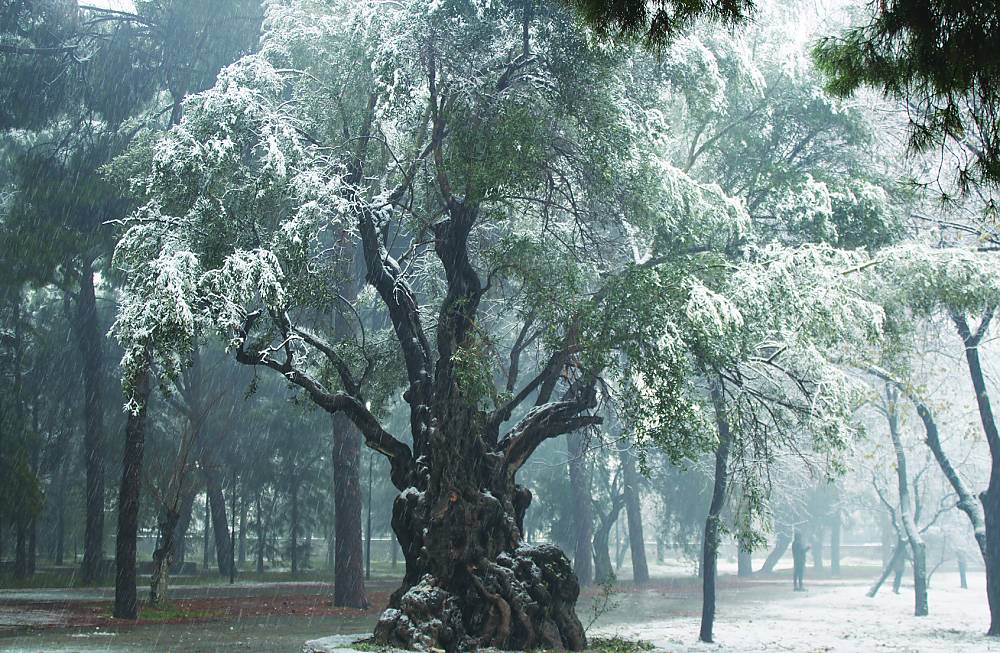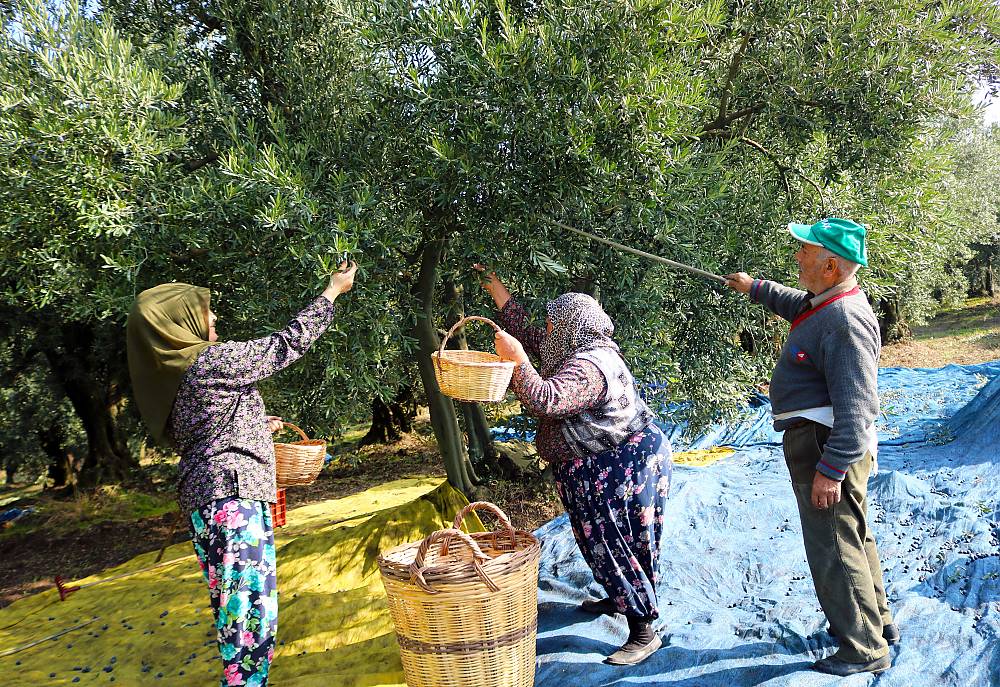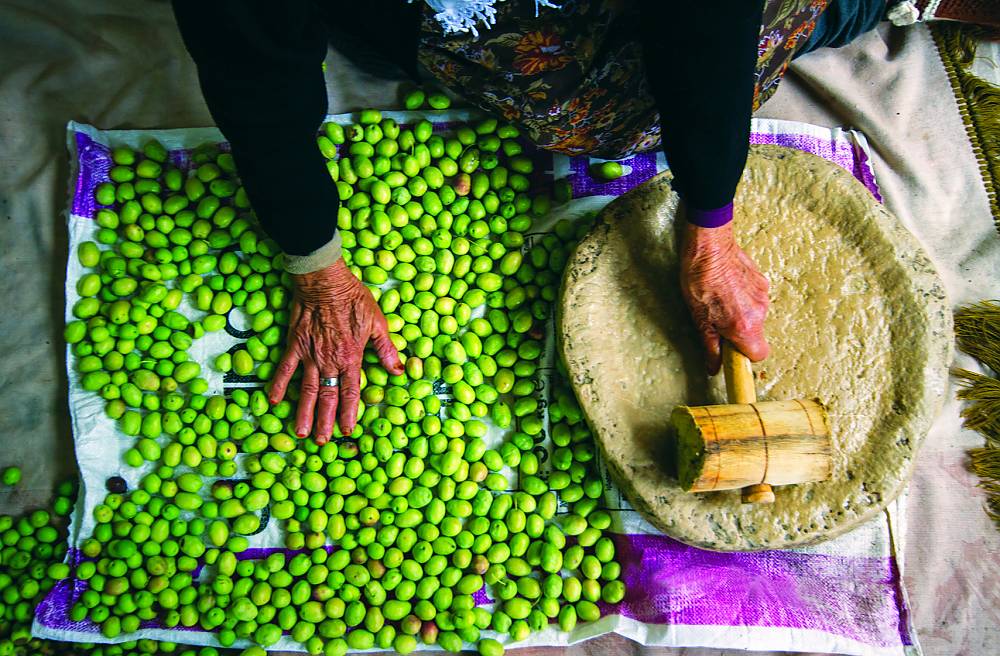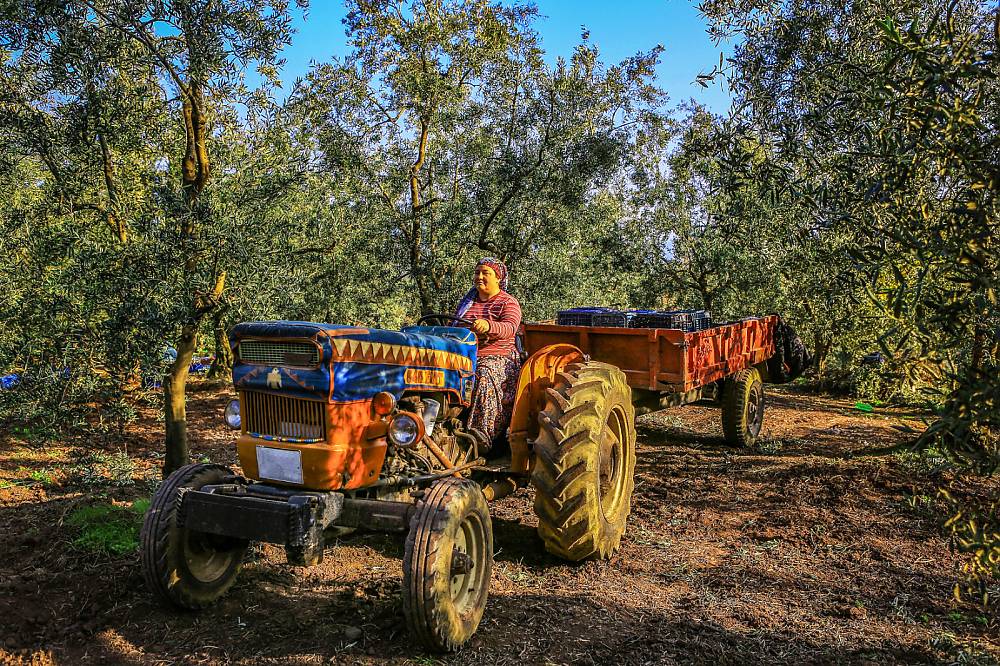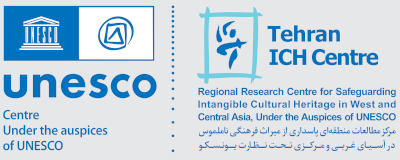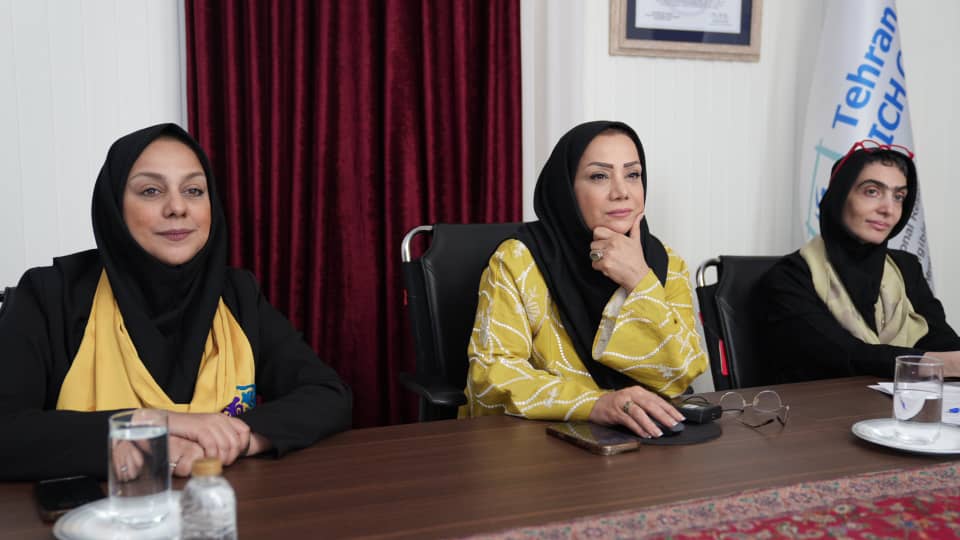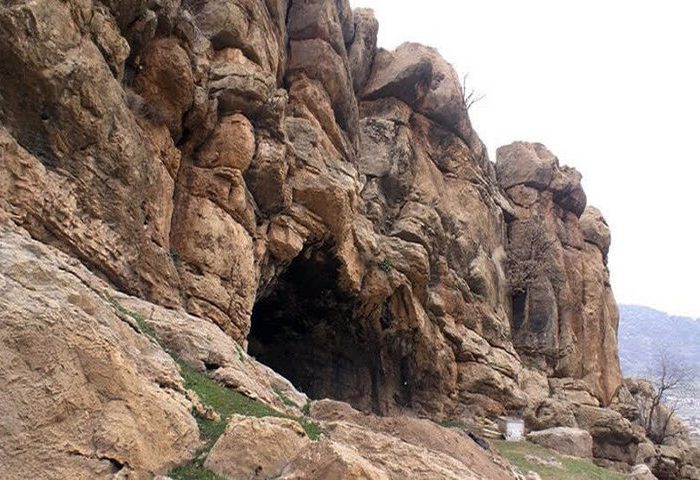In Türkiye, olive cultivation refers to grafting, pruning and fertilizing wild olive trees, called delice, and to picking, harvesting and processing the olives. The methods used are based on traditional knowledge and practices concerning nature, such as ideal soil characteristics, climate and manure. The olive trees are grafted and picked according to the folk calendar, and several rituals, festivals and social practices (such as folk plays, dances, contests and feasts) mark the beginning and end of the harvest season. For instance, villagers come together to pick the first olives of the season, and some olives are deliberately left in the groves for poor people to pick. The traditional knowledge, methods and practices have been transmitted within families and villages for centuries, orally and by participating in the associated practices. Today, publications, non-formal education courses and informative seminars also contribute to their transmission. In addition to the symbolism of the olive tree and leaf (which are associated with peace, eternity, wisdom and harmony) the practices concerning olive cultivation enhance solidarity, cooperation and harmony within the community. The element also contributes to environmental sustainability efforts and plays an important role in maintaining social and cultural identity, particularly in rural areas.
